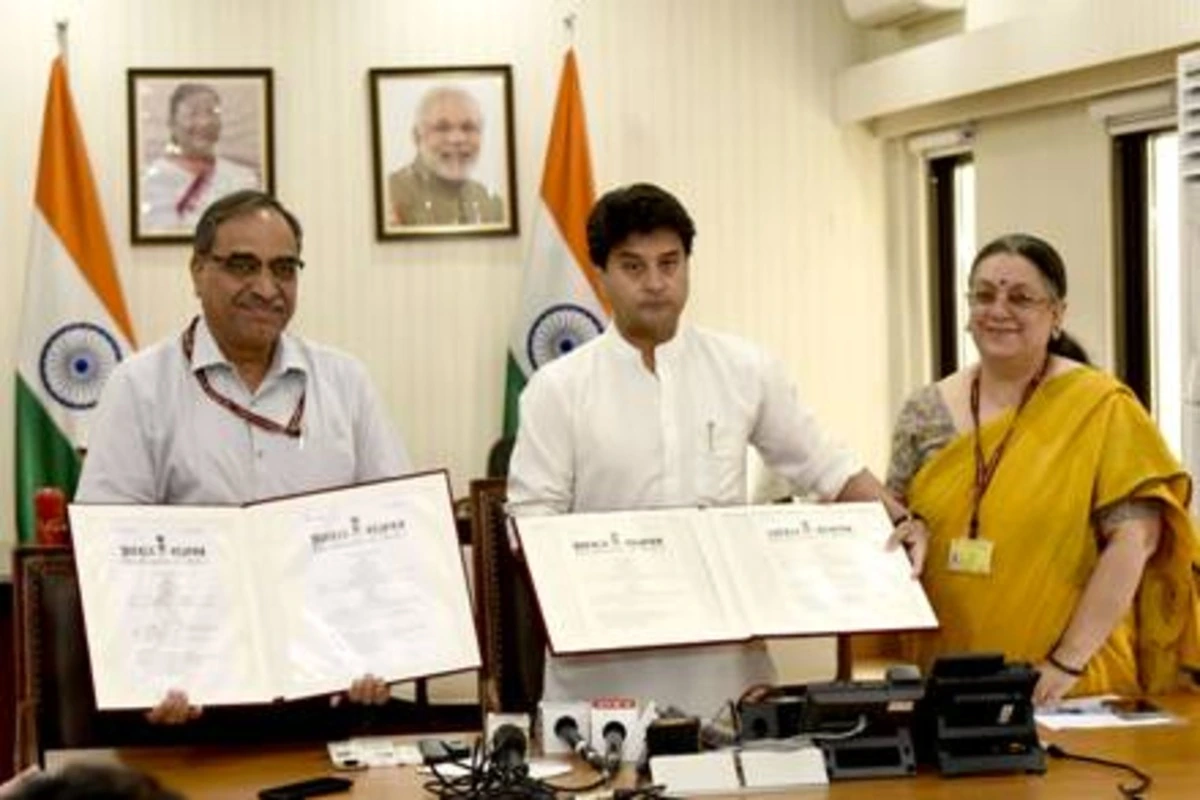- Courses
- GS Full Course 1 Year
- GS Full Course 2 Year
- GS Full Course 3 Year
- GS Full Course Till Selection
- Answer Alpha: Mains 2025 Mentorship
- MEP (Mains Enrichment Programme) Data, Facts
- Essay Target – 150+ Marks
- Online Program
- GS Recorded Course
- Polity
- Geography
- Economy
- Ancient, Medieval and Art & Culture AMAC
- Modern India, Post Independence & World History
- Environment
- Governance
- Science & Technology
- International Relations and Internal Security
- Disaster Management
- Ethics
- NCERT Current Affairs
- Indian Society and Social Issue
- NCERT- Science and Technology
- NCERT - Geography
- NCERT - Ancient History
- NCERT- World History
- NCERT Modern History
- CSAT
- 5 LAYERED ARJUNA Mentorship
- Public Administration Optional
- ABOUT US
- OUR TOPPERS
- TEST SERIES
- FREE STUDY MATERIAL
- VIDEOS
- CONTACT US
India Post Launches 'Gyan Post' to Promote Educational Access Nationwide
India Post Launches 'Gyan Post' to Promote Educational Access Nationwide
30-04-2025

- India Post has introduced a new initiative called 'Gyan Post' aimed at making education more accessible across the country.
- This service is designed to facilitate low-cost delivery of books and educational materials through the national postal network.
- The primary objective is to bridge the educational divide by ensuring that study resources reach learners in remote and rural areas.
- Gyan Post covers only non-commercial and purely educational content, excluding any material of business or advertisement-related nature.
Key Features of Gyan Post
- Every parcel is eligible for real-time tracking, ensuring transparency and secure delivery.
- To maintain authenticity, each book must carry the name of the printer or publisher, in line with prescribed postal regulations.
- Materials with commercial intent or advertisements are strictly not permitted under this scheme.
Affordable Pricing Structure for Students and Educators
- A concessional rate of ₹20 is fixed for packages weighing up to 300 grams.
- For heavier consignments, the price is capped at ₹100 for packages up to 5 kilograms.
- This pricing model makes educational content affordable and accessible for students across socio-economic backgrounds.\
Padma Awards 2025: Honouring India’s Distinguished Citizens
- The President of India conferred the Padma Awards 2025 during the Civil Investiture Ceremony-I held recently.
- These awards are among the highest civilian honours in India, celebrating excellence and service in various fields.
- They are announced every year on the eve of Republic Day, recognizing individuals for their exceptional contributions.
Three Prestigious Categories of Padma Awards
- Padma Vibhushan is awarded for exceptional and distinguished service.
- Padma Bhushan is given for distinguished service of a high order.
- Padma Shri honours distinguished service in any field with a public service component.
Scope and Significance of the Awards
- The awards recognize achievements in all areas of public life, including art, literature, education, social work, science, medicine, sports, and civil services.
- They are meant to highlight individuals whose work involves an element of public service and national impact.
Historical Background and Key Facts
- The Padma Awards were instituted in 1954 as a means to acknowledge extraordinary service to the nation.
- They were not conferred during the years 1978–79 and 1993–1997, due to political and administrative reasons.
Transparent and Inclusive Selection Process
- The Padma Awards Committee, constituted annually by the Prime Minister, is responsible for final recommendations.
- The process allows for public nominations, enabling even self-nomination for greater democratic participation.
- However, these awards are not titles, and cannot be used as prefixes or suffixes to the name of the awardee.
|
Also Read |
|
| NCERT Books For UPSC | |
| UPSC Monthly Magazine | Best IAS Coaching in Delhi |




